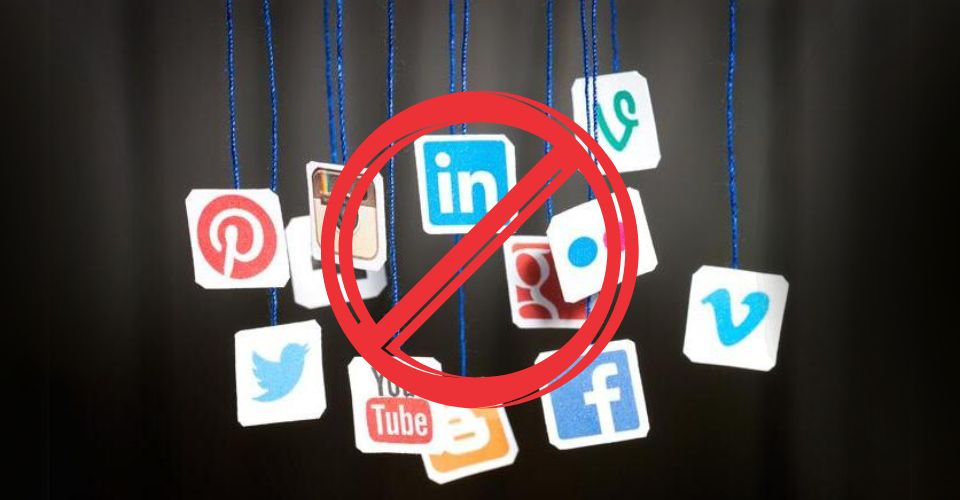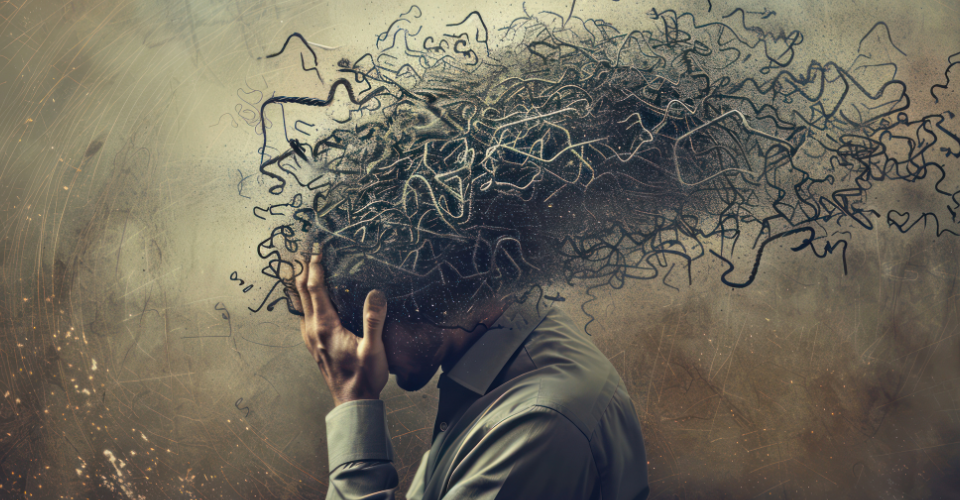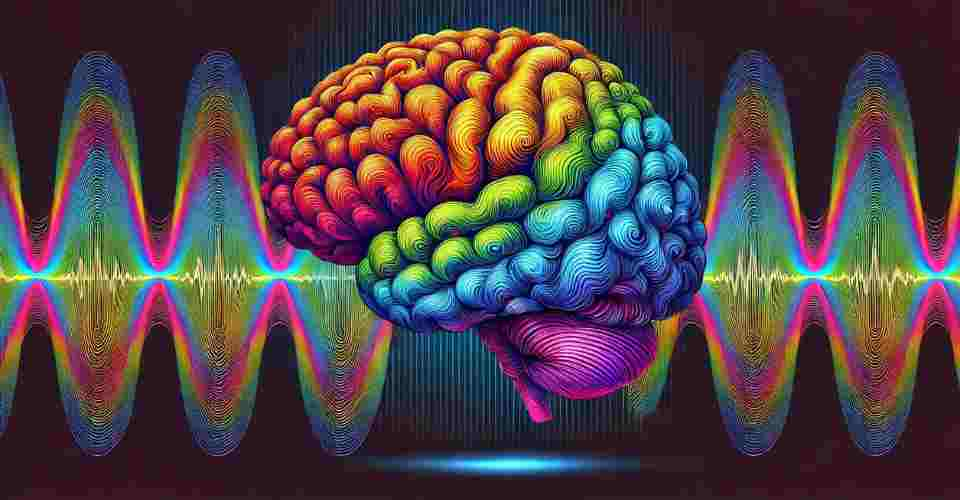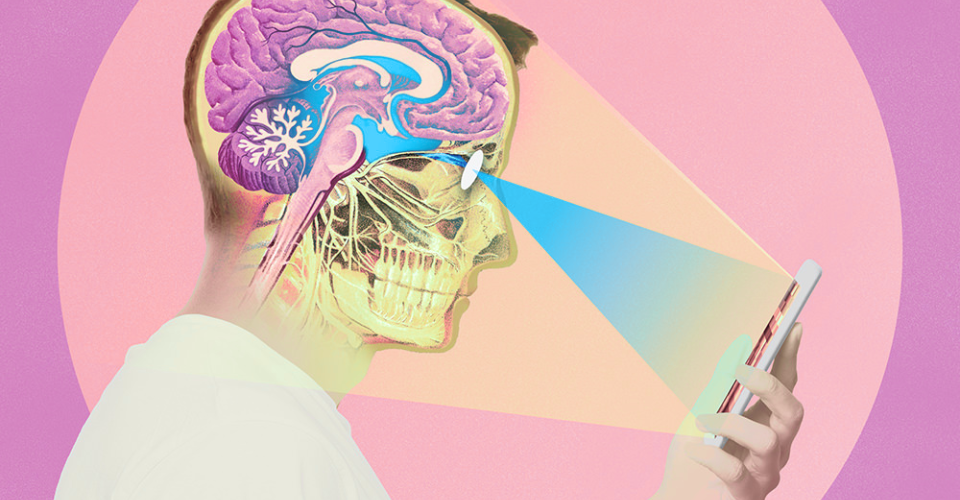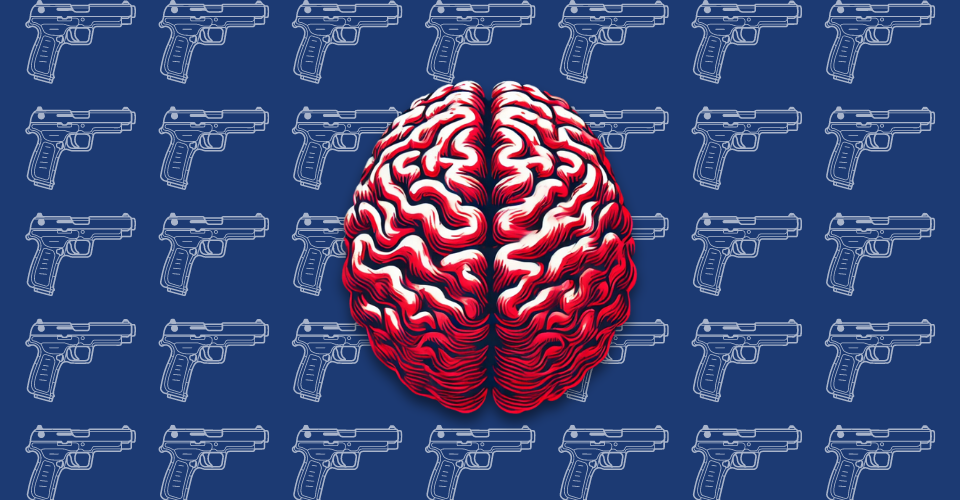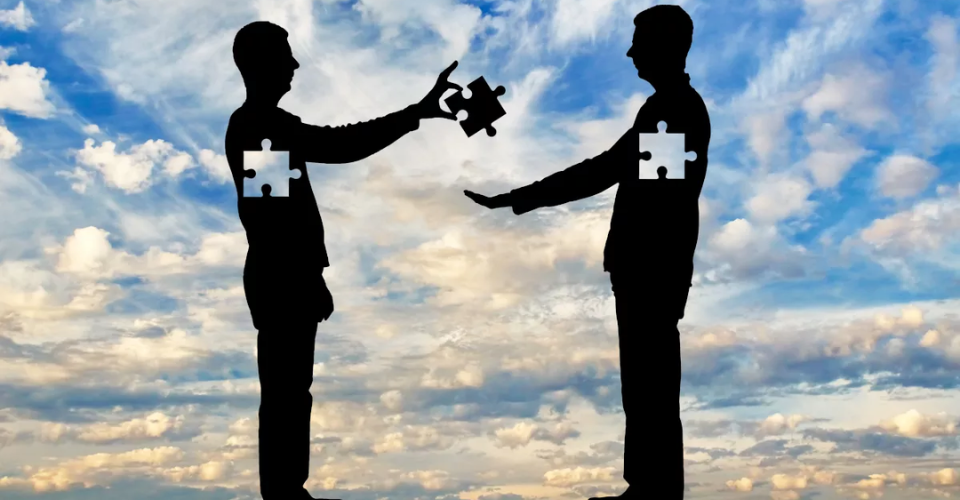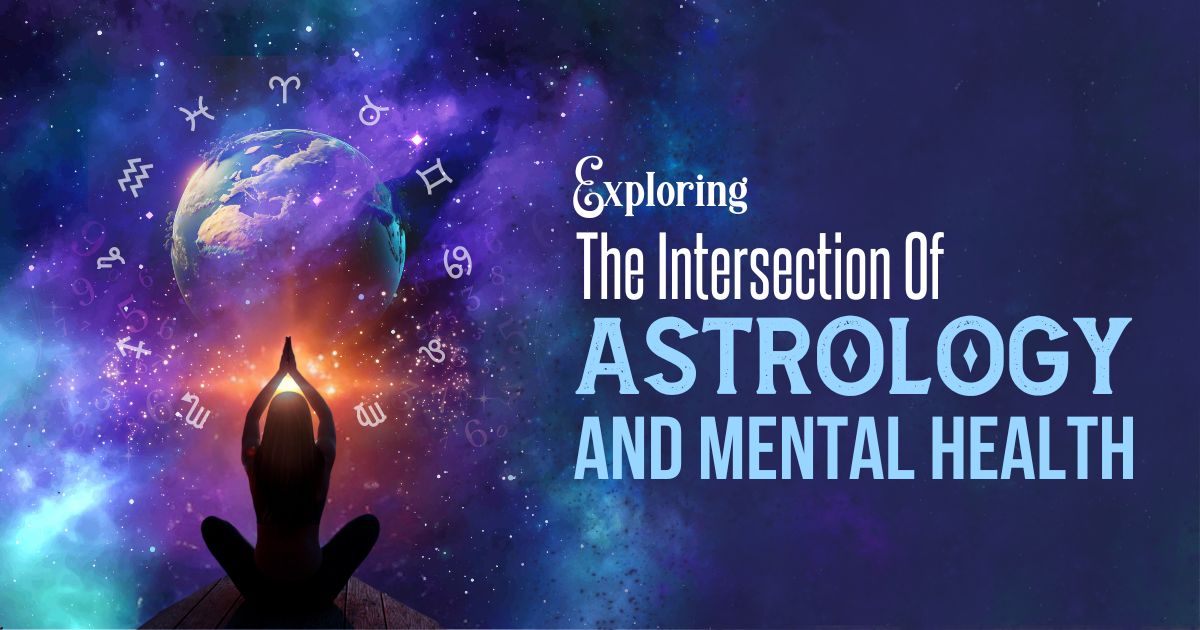- A new documentary explored the negative association between Valentine’s Day and mental health.
- Experts have pointed to the commercial nature of Valentine’s Day as a critical factor.
The recent IFFI 51 Indian Panorama Non-Feature Film, The 14th February & Beyond, by Indian filmmaker Utpal Kalal has deftly delved into the overwhelming relationship between consumerism, commercialization, and romance—particularly in the weeks leading up to Valentine’s Day.
The documentary backs a long line of telling research that warns how the cultural and commercial perceptions of Valentine’s Day and mental health issues are linked, especially in men and people not in relationships.
Valentine’s Day And Mental Health
Surveys over the years have revealed that ‘exclusive’ celebrations like Valentine’s Day have a detrimental impact on mental health.
A type of holiday blues, experts have categorized poor mental health symptoms prevalent during Valentine’s week as “Valentine’s Day blues”. This mental health condition is typically characterized by anxiety and depressive symptoms, stress, and social withdrawal.
The Commercial Nature Of Valentine’s Day
Valentine’s Day is widely considered a cultural celebration that honors romance and love. However, in recent years, it has come under fire for its increasingly commercialized nature.
Valentine’s Day adverts usually promote the notion that being in a relationship is the best thing in the world and that the best and the only way to prove your affection to your partner is through exorbitant presents or other expensive romantic gestures.
These advertising campaigns tend to use catchy but problematic slogans like “Give the gift of love!”, “Heart-melting discounts”, “Experience the love with our Valentine’s Day products!”, or “Love is a bargain at our Valentine’s Day sale” to perpetuate unrealistic expectations around love and romantic relationships.
The Negative Impact Of Valentine’s Day Depression
Studies have claimed that the way Valentine’s Day is marketed and manipulated can be extremely damaging to mental health. The marketing strategies usually evoke dark memories, humiliation, self-rejection, and crises of self-esteem amongst specific sections of the population.
For instance, research shows a strong prevalence of Valentine’s Day anxiety in men. Valentine’s Day ads tend to portray men as stoic breadwinners and providers. Such male stereotypes encourage the notion that their worth is often determined by the price tags attached to the expensive gifts to their significant others.
These harmful gender expectations trigger emotional stress in men, especially heterosexual men. They also tend to experience financial stress related to shopping for presents, planning dinner dates, etc.
For members of the LGBTQIA+ community, Valentine’s Day marketing strategies hold up exclusive heterosexual values, often triggering homophobic remarks and bullying as well as the questioning of gay rights.
Over the years, several companies have resorted to celebrating all forms of sexuality on Valentine’s Day with thoughtful awareness campaigns, but the stigmatization continues.
Especially for people who are not in a relationship, the blizzard of ads inextricably linking consumerism with romance during Valentine’s week can be stressful. These serve as only a reminder of their loneliness.
Moreover, for married and unmarried couples struggling with financial insecurity and relationship issues, such blatantly romanticized commercial slogans can trigger interpersonal conflict and mental distress.
Bettering Valentine’s Day For Your Mental Health
While getting through Valentine’s week can be tough, certain measures can actually help you navigate through the trying times and maintain sound mental health on Valentine’s Day.
For example, people in singlehood can indulge in tiny rituals of self-love like gifting oneself a tiny present or volunteering for a good cause. Couples can probably settle on affordable but meaningful romantic gestures like writing love letters, gifting personal tokens, or planning a casual outing together.
Re-interpreting and revisiting the true spirit and meaning behind the celebration can help us overlook its commercialized layers and spend the holiday in a way that benefits our psychological well-being.
Know More About –
Related Articles –
- 5 Things To Do If Your Boyfriend Forgot Valentine’s Day
- It’s Okay If You Are Not In A Relationship This Valentine’s Day
- 40+ Sweet And Silly Valentine’s Day Jokes For Kids And Adults


